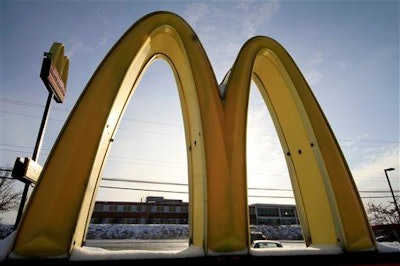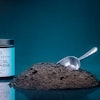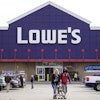
 McDonald's says it plans to start using chicken raised without antibiotics important to human health and milk from cows that are not treated with the artificial growth hormone rbST.
McDonald's says it plans to start using chicken raised without antibiotics important to human health and milk from cows that are not treated with the artificial growth hormone rbST.
The company says the chicken change will take place within the next two years. It says suppliers will still be able to use a type of antibiotic called ionophores that keep chickens healthy and aren't used in humans. The milk change will take place later this year.
The announcement comes as the fast-food giant struggles to shake its junk-food image amid intensifying competition from smaller rivals positioning themselves as more wholesome alternatives.
Many cattle, hog and poultry producers give their livestock antibiotics to make them grow faster and ensure that they are healthy. The practice has become a public health issue, with officials saying it can lead to germs becoming resistant to drugs so that they're no longer effective in treating a particular illness in humans.
McDonald's Corp. has long battled negative perceptions about its food, but the issue has become a bigger vulnerability as more people shift toward options they feel are made with higher-quality ingredients. Chipotle and Panera, for instance, already say they serve chicken raised without antibiotics. The "clean label" movement has prompted companies across the industry including to rethink their supplier standards and the ingredients they use.
After seeing customer visits to U.S. stores decline two years in a row, McDonald's had recently hinted changes could be on the way. Franchisees were told of the chicken and milk changes Tuesday night at a "Turnaround Summit" in Las Vegas.
Scott Taylor, a McDonald's franchisee who was at the conference, said ingredients are "becoming more and more important" to customers. He said the company was suggesting it needs to "be where our consumers want and need us to be."
"You're going to see more stuff like that in the future," Taylor said.
In a statement, chicken supplier Tyson Inc. said it looks forward to working with McDonald's to meet its new standards. Tyson noted that it has reduced the use of antibiotics used on humans by more than 84 percent since 2011.
As McDonald's fights to hold onto customers, the company has also made a number of leadership changes, admissions of shortcomings and declarations that changes are in the works.
The pressures reached the top of the company in late January, when the company said CEO Don Thompson would be replaced by Steve Easterbrook, its chief brand officer who also previously led its European division.
The CEO change officially took effect this week, and Easterbrook was at the franchisee summit in Las Vegas.
Already, McDonald's has been pushing back at critics.
Last year, it launched a campaign inviting people to ask frank, sometimes squeamish questions about its food, such as whether its beef contained worms (the answer was no). McDonald's has also been hammering home the fact that it cracks fresh eggs in stores to make its McMuffins in ad and signs in stores.






















